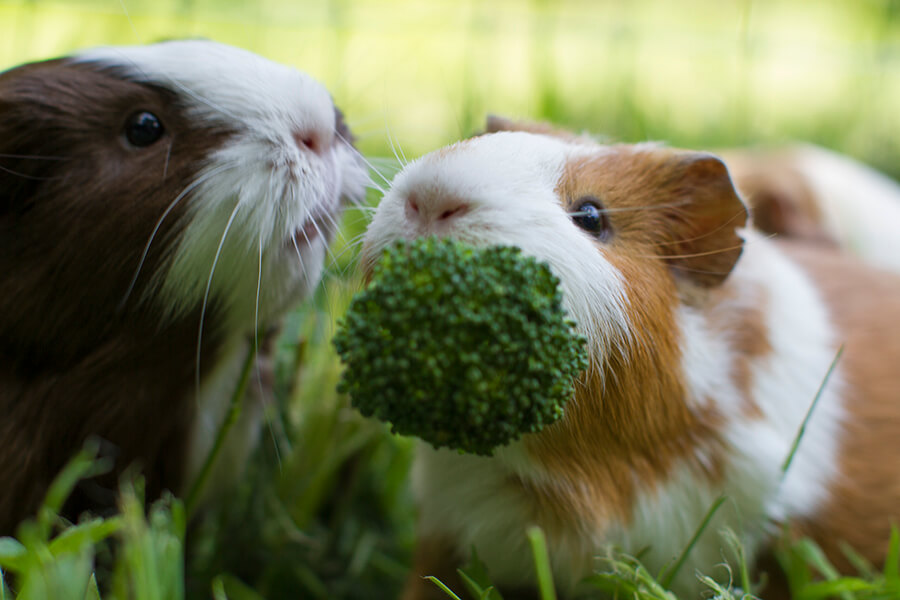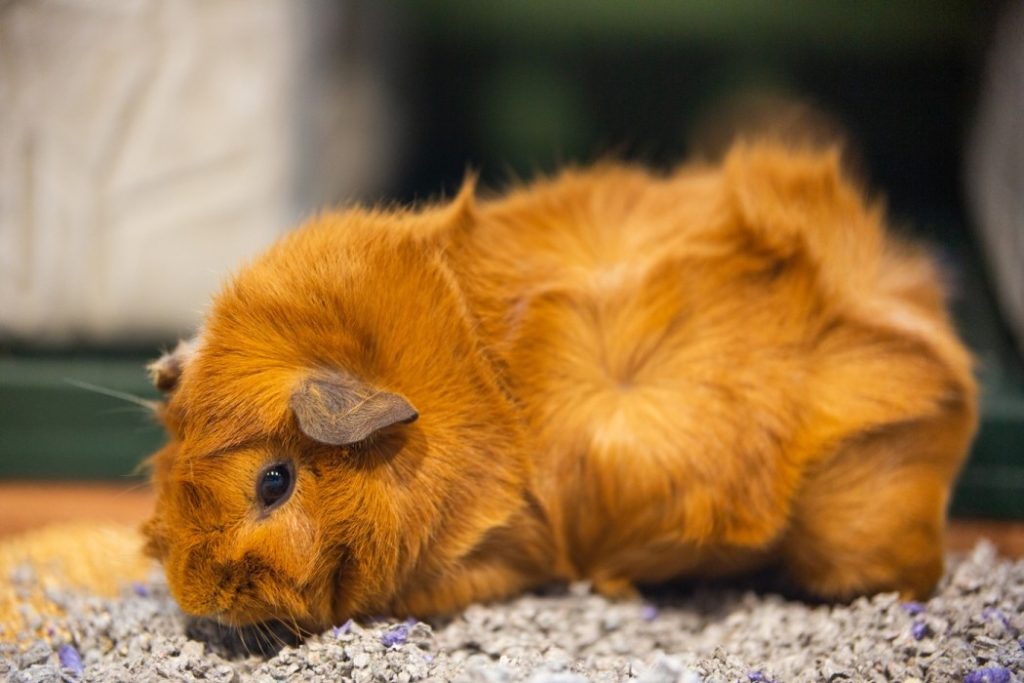Guinea pigs, also known as cavies, are small, social rodents that are popular as pets. They are known for their friendly personalities and their ability to form strong bonds with their owners. One important factor to consider when deciding to adopt a guinea pig is their lifespan. In this article, we will discuss the life span of guinea pigs in detail, including factors that can affect their longevity and tips for helping them live a long and healthy life.

Average Life Expectancy
The average life expectancy of a guinea pig is around 5 to 7 years. However, some guinea pigs can live up to 10 years or more with proper care and attention. The lifespan of a guinea pig can vary depending on several factors, including genetics, diet, exercise, and health care.
Factors Affecting Life Span
- Genetics: Genetics can play a major role in determining a guinea pig’s lifespan. Some breeds of guinea pigs are more prone to certain health conditions than others, which can affect their overall health and longevity. It is important to obtain guinea pigs from a reputable breeder or adopt them from a rescue organization to ensure that they are healthy and well-cared for.
- Diet: A healthy diet is essential for a guinea pig’s overall health and longevity. They require a diet that is high in fiber, including grass hay, fresh vegetables, and a small amount of pellets. Poor nutrition can lead to health problems such as dental disease, obesity, and digestive disorders, which can shorten a guinea pig’s lifespan.
- Exercise: Guinea pigs require daily exercise to maintain their physical and mental health. They should have access to a large, spacious cage or play area where they can run, play, and explore. Lack of exercise can lead to health problems such as obesity, which can shorten a guinea pig’s lifespan.
- Health Care: Regular veterinary care is essential for a guinea pig’s health and longevity. They should receive annual check-ups to monitor their overall health and to detect any health problems early on. In addition, they should receive appropriate vaccinations, dental care, and parasite prevention to help prevent illness and disease.

Tips for Helping Guinea Pigs Live Longer
- Provide a healthy and balanced diet that is high in fiber, including grass hay, fresh vegetables, and a small amount of pellets. Avoid feeding them foods that are high in sugar, fat, or salt.
- Provide daily exercise and playtime in a large, spacious cage or play area. This will help keep them physically and mentally healthy.
- Provide regular veterinary care, including annual check-ups, appropriate vaccinations, dental care, and parasite prevention.
- Monitor their behavior and health regularly, and seek veterinary care immediately if you notice any signs of illness or injury.
- Provide a clean and comfortable living environment that is free from hazards and stressors.

In conclusion, the lifespan of a guinea pig can vary depending on several factors, including genetics, diet, exercise, and health care. With proper care and attention, guinea pigs can live up to 10 years or more. To help your guinea pig live a long and healthy life, provide them with a healthy and balanced diet, daily exercise and playtime, regular veterinary care, a clean and comfortable living environment, and monitor their behavior and health regularly.